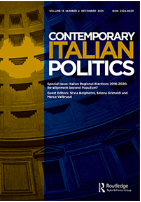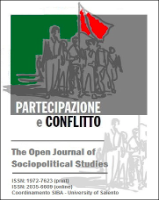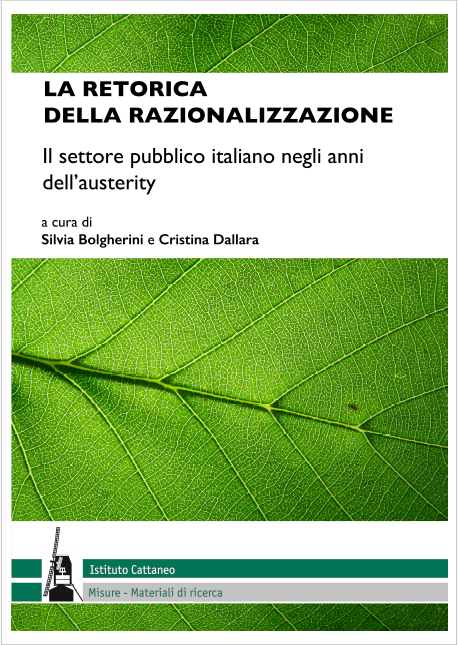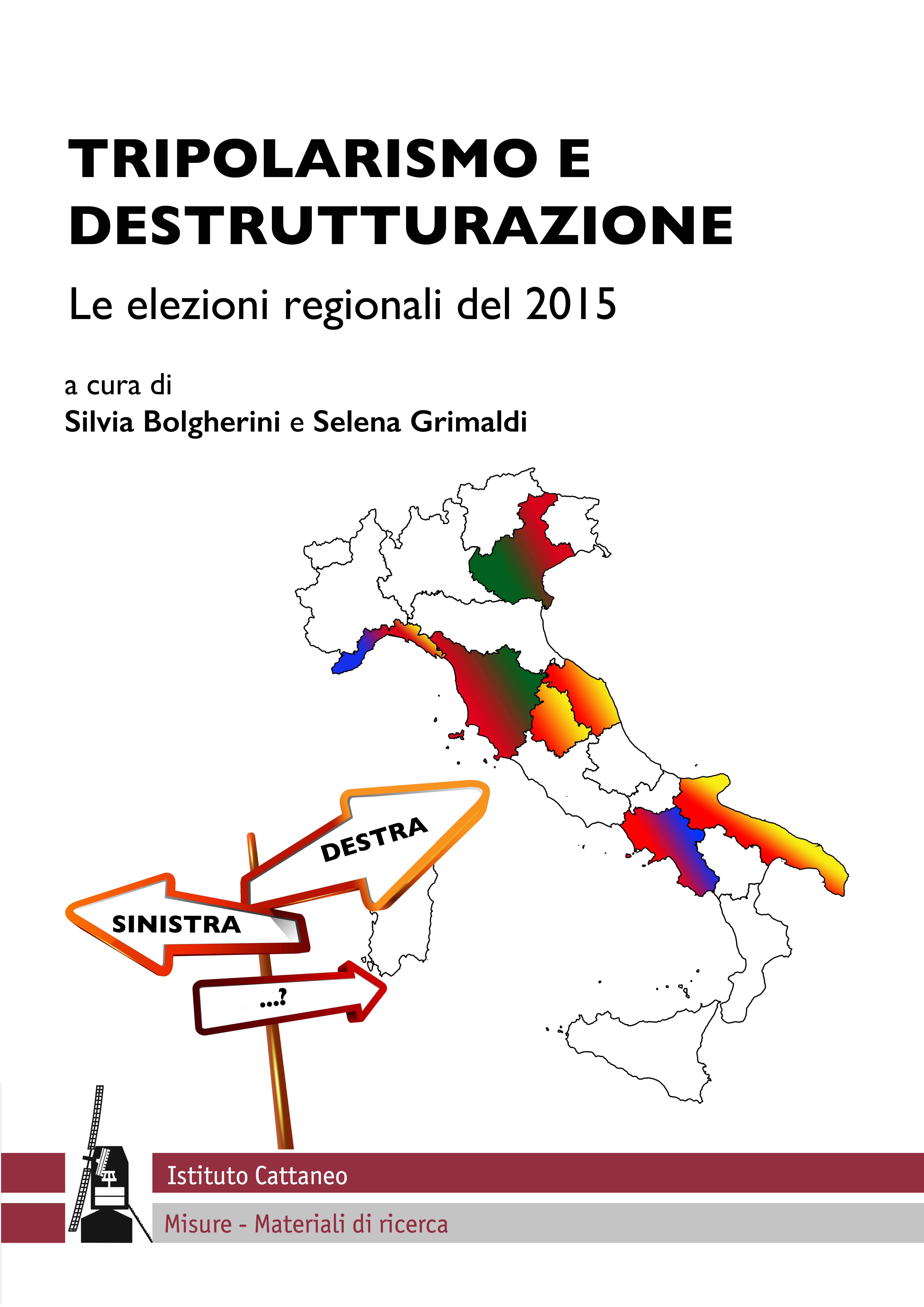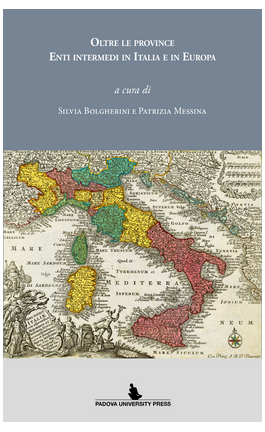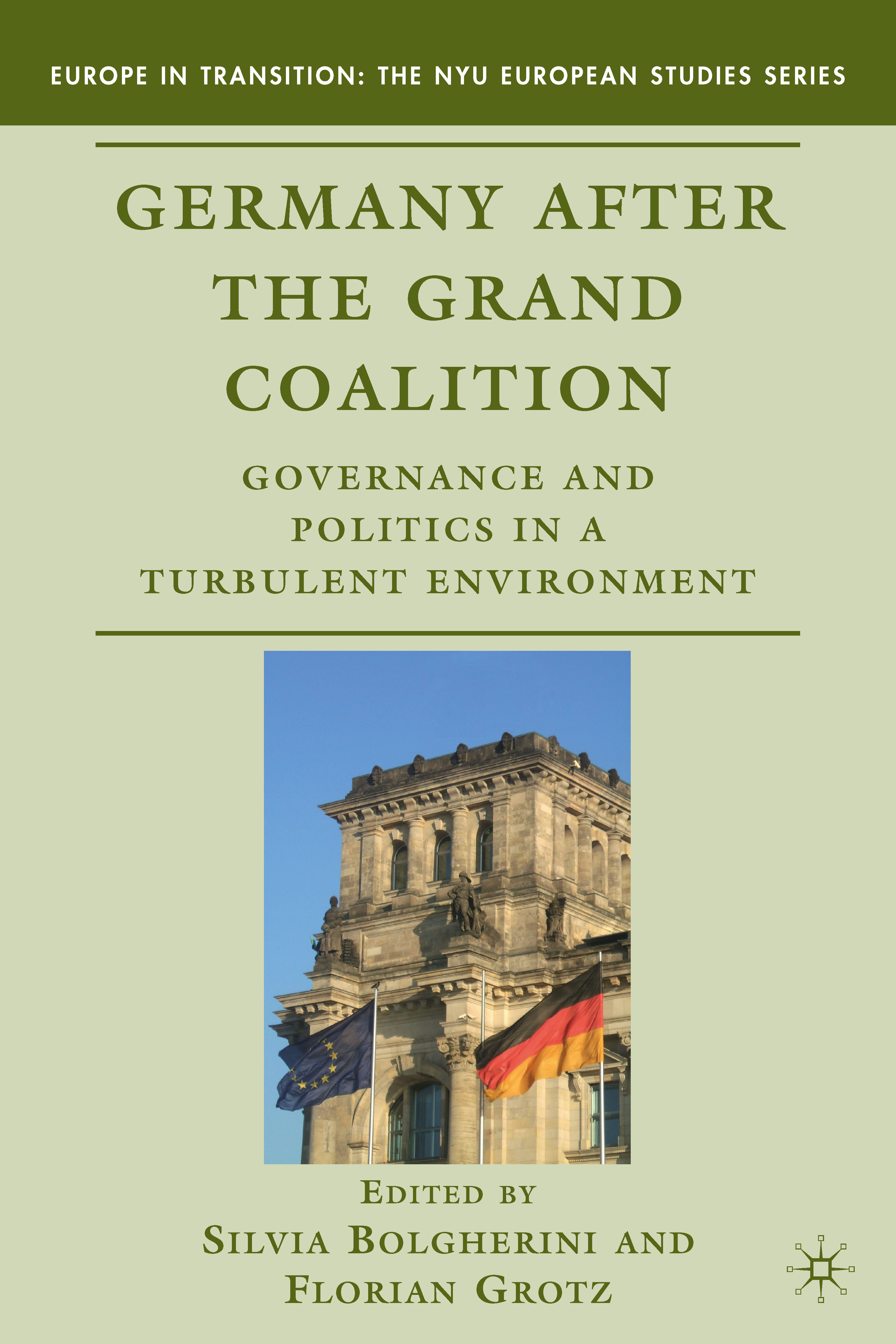Edited Special Issues
|
Astensionismo e democrazia: l’Italia e gli altri S. Bolgherini, G. Barbieri (2023) |
|
| The lower turnout has been an important feature of the Italian political elections of 2022, reaching its peak thus far. Yet abstentionism, as argued in this issue, is a problem in many Western democratic countries. |
Italian Regional Elections 2018-2020. Re-alignment beyond PopulismS. Bolgherini, S. Grimaldi, M. Valbruzzi(2021) special issue Contemporary Italian Politics, 4/2021 |
|
This special issue deals with the regional election cycle of 2020 in Italy (thus with elections held between 2018 and 2020), devoting particular attention to second-orderness and to the relationship between populist attitudes and the overall re-alignment of the party system. Regional elections are worth investigating both theoretically and empirically. On the one hand, they are clearly on the rise cross-nationally, both in number and territorial scope, and in the level of authority exercised by regional representatives. Nevertheless, scholars have struggled to find a specific theoretical framework that will allow a comprehensive understanding of regional voting. For a long time electoral research has in fact suffered from what has been called ‘methodological nationalism’: the units of analysis have predominantly been national and state-wide elections rather than other types of elections. Moreover, when it comes to regional elections, consolidated theories, such as the ‘second-order election’ (SOE) model and the nationalization of the vote, suggest that regional elections are subordinate to national or state-wide elections, among other reasons because there is less ‘at stake’ and because voter behaviour is driven by evaluations of national politics rather than by regional or local factors. More recently, several works have provided counterarguments to such assumptions. In particular, the notion of the territoriality of the vote examines the extent to which specific regional factors may influence voting behaviour, leading to a differentiation between national and regional party systems – thus reversing the direction of the impact and of the possible spill-over.
Elezioni primarie: controllo dei partiti o partecipazione popolare? (EN: Primaries: party control or citizen participation?)S. Bolgherini, F.Gelli (2011) The lower turnout has been an important feature of the Italian political elections of 2022, reaching its peak thus far. Yet abstentionism, as argued in this issue, is a problem in many Western democratic countries. |
|
Edited Books
La retorica della razionalizzazione. Il settore pubblico italiano negli anni dell'austerity
|
|
|
Tripolarismo e destrutturazione. Le elezioni regionali del 2015 S. Bolgherini, S. Grimaldi (2015) (eds) |
|
|
Oltre le Province. Enti intermedi in Italia e in Europa S. Bolgherini, P. Messina (2014) (eds) |
|
How is local government changing in Europe? How are the challenges coming from the globalization of the economy and European multilevel governance being addressed in different European countries? In recent years, the economic crisis and spending review policies have been prompting national governments to promote institutional reforms that aim, on the one hand, to simplify intermediate levels of government such as the provinces and, on the other, to enhance the role of local governments in aggregate form. This is a series of reforms designed to profoundly change the institutional structure of territorial government, starting with the municipal level. But it is also a window of opportunity for local governments to be able to develop greater capacity for political-administrative management, both in their respective countries and at the community level. The research presented in this volume compares six European regions (Veneto, Tuscany, Apulia, Sicily, Brandenburg, and Andalusia) and seeks to identify, downstream of the individual specificities and the different solutions undertaken, any common trends, any similar governance tools, and actions adopted in the face of the same kind of challenges. But it also wants to propose, through a comparative look at intermediate entities, food for thought for scholars, local administrators, and practitioners in the area, suggesting an innovative key of interpretation related to the concept of institutional sustainability
|
La Germania di Angela Merkel S. Bolgherini, F. Grotz (2010) (eds) Bologna, Il Mulino [ISBN: 9788815138538]
|
|
The 2009 German federal elections marked the end of the Grand Coalition between Christian Democrats and Social Democrats established in 2005 and, with the Christian Democrat-liberal victory, ushered in a new conservative course. Angela Merkel, the first female chancellor, was confirmed to lead the new executive. The German electorate showed appreciation for Merkel and her sober and pragmatic style, but at the same time expressed their impatience with broad-based government coalitions. This volume, also published in English by Palgrave-Macmillan, discusses the legacies of the Grand Coalition, analyzes the election results, and presents the formation of the new government and the main challenges it faces. An accurate political x-ray of the largest European country.
Germany after the Grand Coalition.
|
|
In Germany, Grand Coalitions of the two major parties - the Christian Democrats (CDU/CSU) and the Social Democrats (SPD) - generally have a bad reputation. Hence, the CDU/CSU-SPD government under Angela Merkel (2005-2009) was neither the parties’ nor the citizens’ preferred choice, its performance was seen as quite critical from the outset, and it was finished without further ado after the 2009 federal election. Has the Grand Coalition 2005-2009 been a single episode or a turning point for German politics? This book provides a retrospective of the first Merkel government, an analysis of the 2009 election, and an account of its prospective consequences.
La politica e le radici
|
|
What is politics? How can one try to understand it and make it understood? The book's authors answer these questions using the concepts, tools, and methods of political science. The book identifies the roots of politics as the key to understanding political behavior, individual and collective, more than any other. The roots, that is, the causes, reasons, drives, and stimuli of political action, are the common thread that holds together the different contributions of the book, which is divided into four sections. Section 1 focuses on political culture as a set of cultural attitudes (territorial subcultures, clientelism, nationalism), that nourishes the roots and interacts with the institutions of politics. Section 2 explores parties, the collective subjects that bring out the roots, pose as their political referents, organize them in society, and structure them into electoral offerings. Elections and voting behavior are the topic of Section 3, which analyzes the context and rules through which roots compete for power. Leading up to the last section where we turn to Europe and the new identities (to a new political culture?) that EU can give rise to (new roots for politics?). The volume brings together contributions from some of the leading Italian and European specialists and offers the reader a comparative reading framework, in each of the four sections, of rare breadth and depth.


